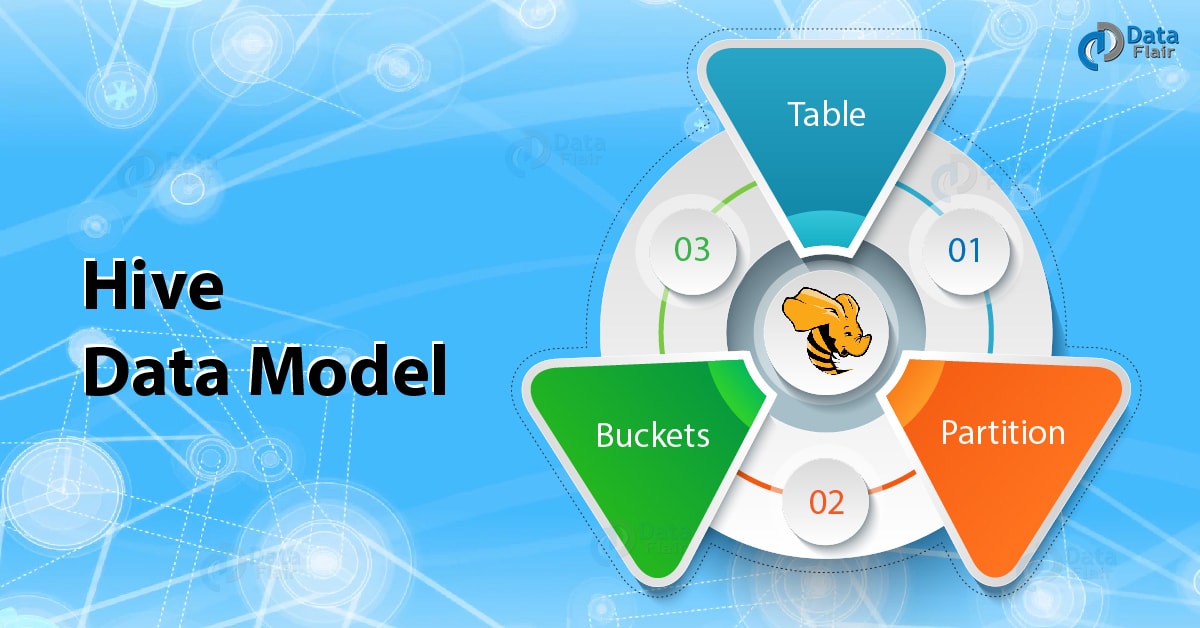
Hive Data Model Learn to Develop Data Models in Hive DataFlair
COMPLEX DATA TYPES. The complex data types supported in HIVE are Array, Map and Struct. These complex data types can combine primitive data types and provide a collection of data. Say for example a primitive data type (ex. string) can hold a name but a complex data type is capable of holding a group of strings. i.e. it can hold a group of names.
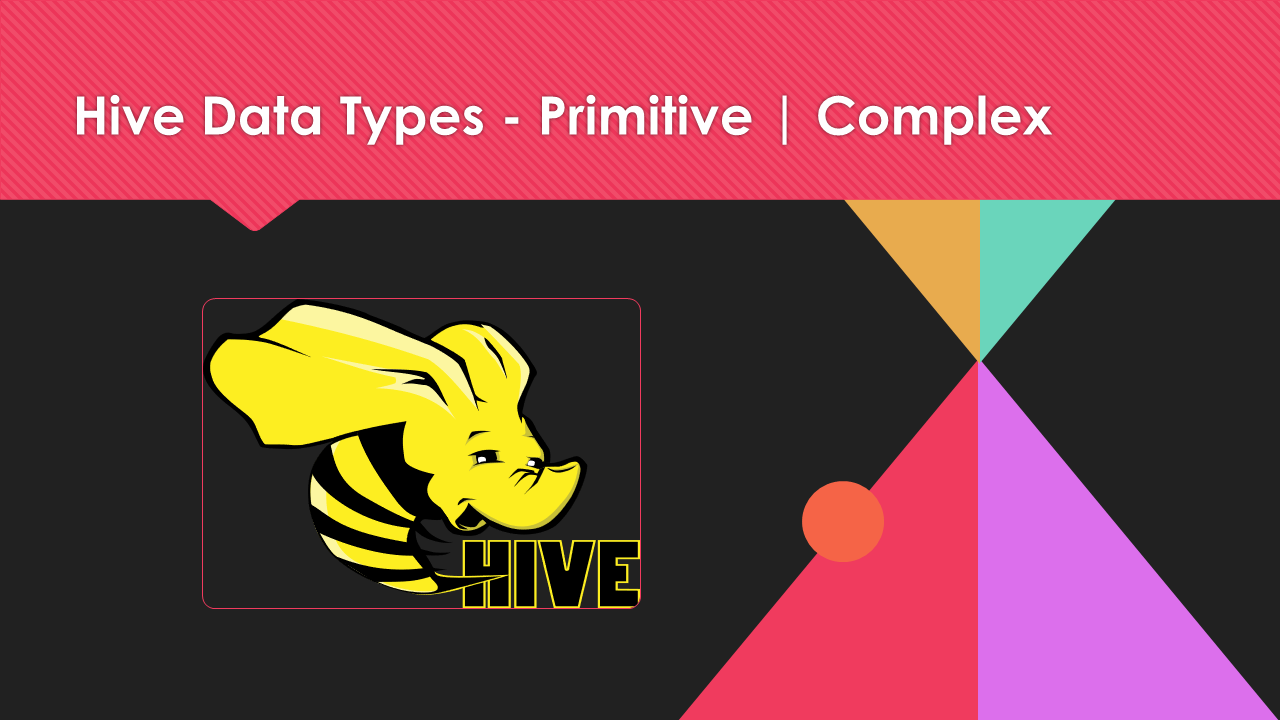
Hive Data Types Primitive Complex Spark By {Examples}
Complex data types are very useful when we want to store interrelated information together in table columns. 3 primary complex Datatypes in Hive : Array : It is used to store list of.

What are the Common Causes of Hives on the Legs?
It contains two data types: VARCHAR and CHAR. Hive follows C-types escape characters. The following table depicts various CHAR data types: Timestamp It supports traditional UNIX timestamp with optional nanosecond precision. It supports java.sql.Timestamp format "YYYY-MM-DD HH:MM:SS.fffffffff" and format "yyyy-mm-dd hh:mm:ss.ffffffffff". Dates
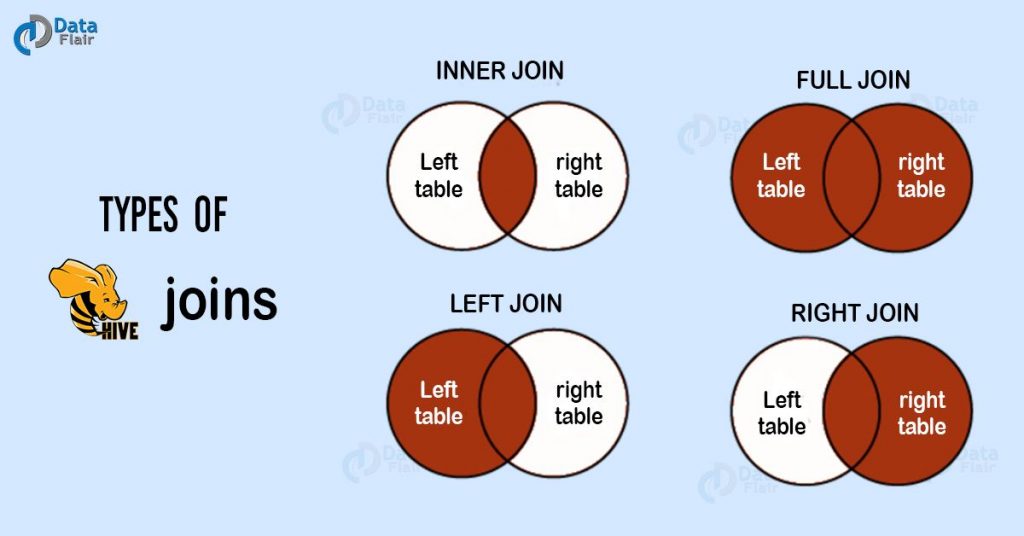
Hive Join HiveQL Select Joins Query Types of Join in Hive DataFlair
HIVE Complex Data Types ARRAY STRUCTS MAP HIVE Primitive Data Types The different categories of Primitive Data Types are as follows Numeric Data Types String Data Types Date/Time Data Types Miscellaneous Data Types Numeric Data Types Different Numeric Data Types supported in Hive are INTEGRAL TYPES TINYINT (1-byte signed integer, from -128 to 127)

Hive Introduction
Hive complex data types such as arrays, maps, and structs are a composite of primitive or complex data types. Informatica Developer represents complex data types with the string data type and uses delimiters to separate the elements of the complex data type. commented Jul 27, 2020 by Roshni • 10,520 points .

Hive Complex data types YouTube
Hive Complex Types Similar to Spark, Hive also support complex data types which includes Array, Map, Struct and union. Array is used to store the list of elements. Map is used to store key/value pair. Struct is for parent and child assosiations. To work with Complex types, you should use Hive Collection Map & Array functions

Top 100 Frequently Asked Data Science Interview Questions and Answers
The basic idea of complex datatypes is to store multiple values in a single column. So if you are working with a Hive database and you query a column, but then you notice "This value I need is trapped in a column among other values…" you just came across a complex a.k.a. nested datatype. There are three types: arrays, maps and structs.

Hive Complex Data Types Tutorial Hive Complex Data Types Example Hive Complex Queries YouTube
Hive complex data types such as arrays, maps, and structs are a composite of primitive or complex data types. Informatica Developer represents complex data types with the string data type and uses delimiters to separate the elements of the complex data type.

Advance Databases Complex Data Types YouTube
Here we are, using SQL, processing NoSQL data types. Hive approaches to Complex Types. Hive offers great support in just leaving the query language behind and using other languages to crack the nested datatypes. With the transform keyword, all the data will be sent to a custom program. This program can subsequently read all the data, typically.

Complex Data Types in HIVE YouTube
Note that you can only load data into a Map column type using something like that. The Hive documentation makes clear that you cannot add values to a Map using SQL: "Hive does not support literals for complex types (array, map, struct, union), so it is not possible to use them in INSERT INTO…VALUES clauses. This means that the user cannot.
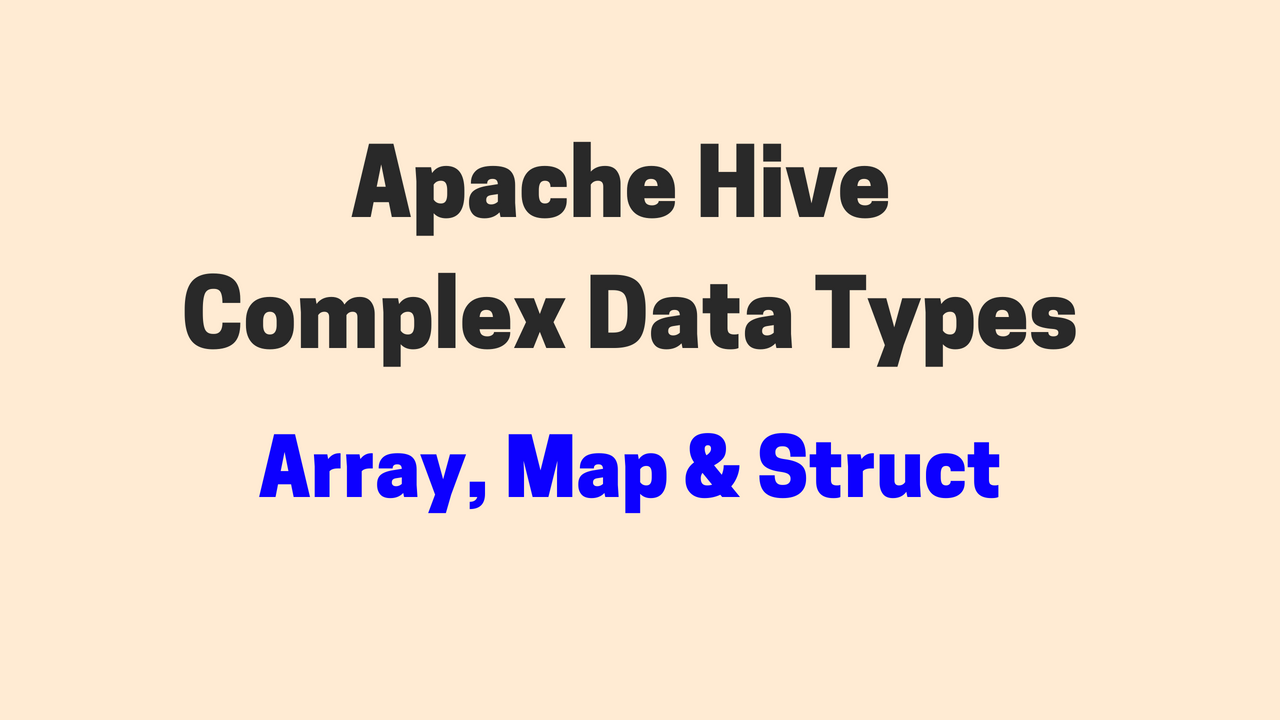
Complex Data Types in Hive
Using complex data types. In addition to primitive data types, Hive also supports a few complex data types: Struct, MAP, and Array. Complex data types are also known as collection data types. Most relational databases don't support such data types. STRUCT: The struct data type in Hive is analogous to the STRUCT in C programming language.

Hive tables with complex data type (map, array and struct) YouTube
Complex Types Complex types are composed of primitive types. They allow for more complex data structures and include arrays, maps, and structs. ARRAY: For instance, if you have a table that includes a column for "favorite_numbers" which can hold multiple values, you might use an ARRAY
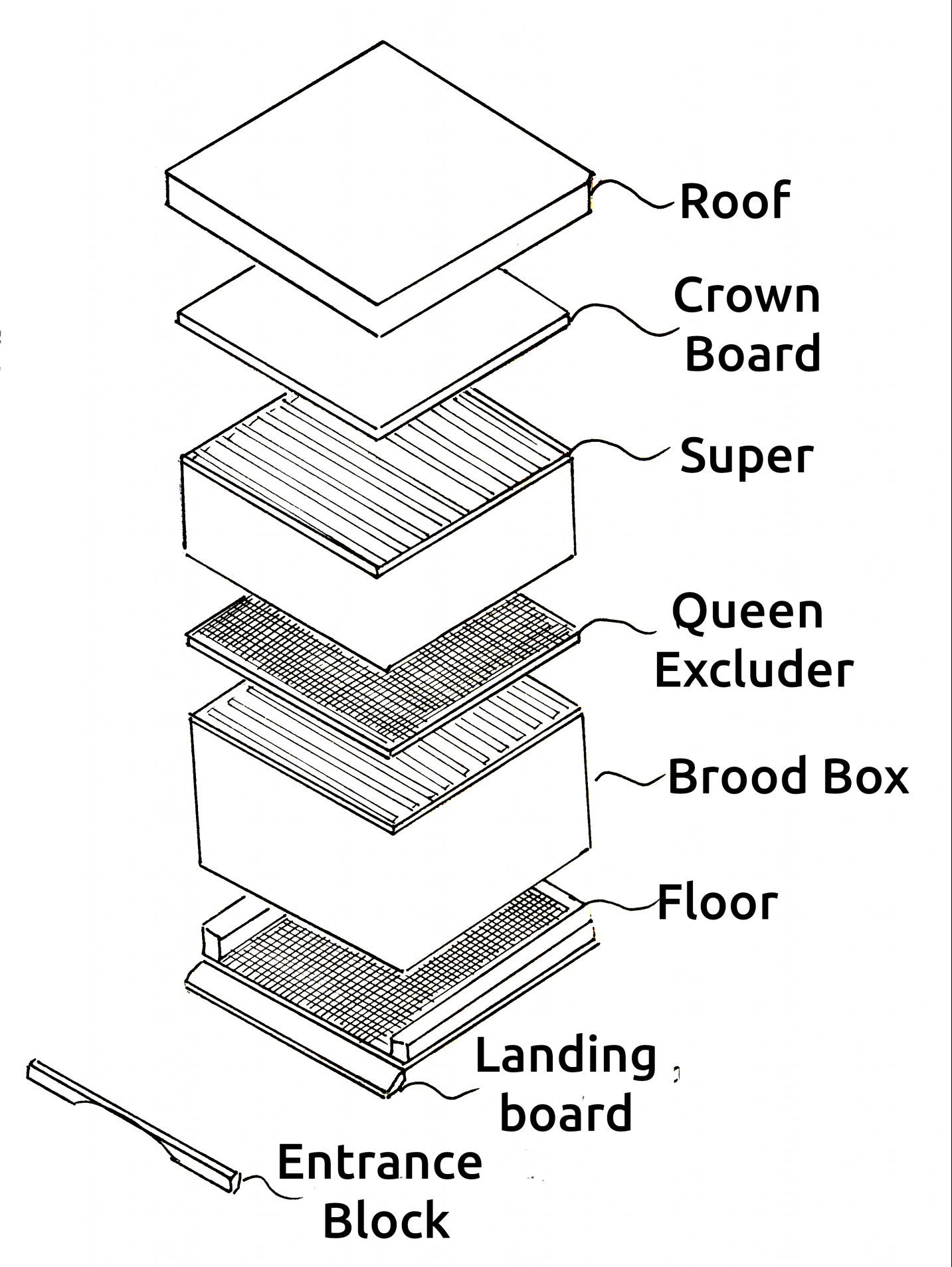
Hive Structure Dorchester and Weymouth Bee Keepers Association
1 It might be a dumb question, What is the usage of complex data types (array of structures/map, map of structures, etc) in the hive . I suspect one of the reasons might be to parse complex JSON objects in hive table. Apart from that, I can think of it might save some space on disk if we use complex data type.

Big Data Data Mining with Hive What is Hive? What is HiveQL (HQL)? Day 15 of 21 SQL
Customer-organized groups that meet online and in-person. Join today to network, share ideas, and get tips on how to get the most out of Informatica
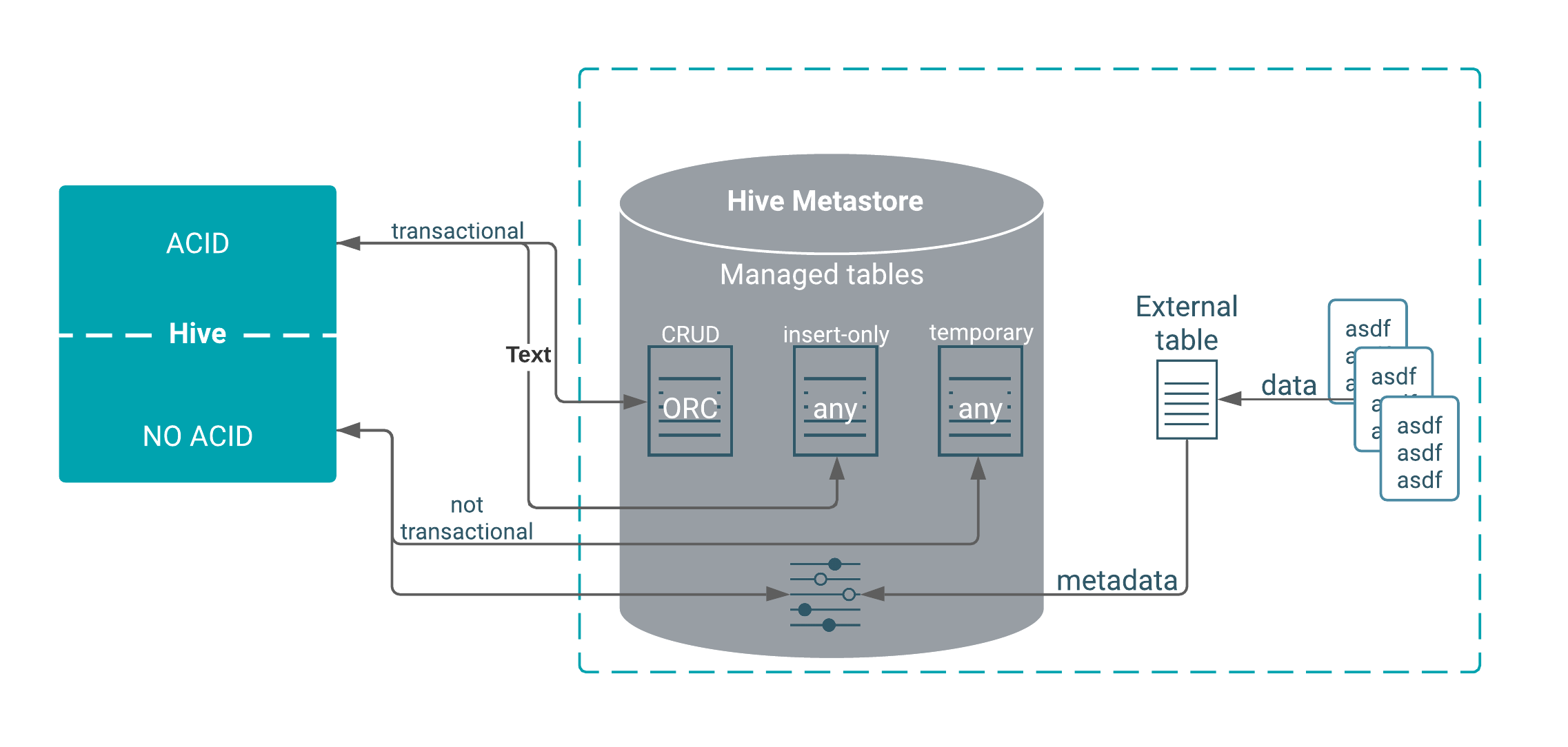
Apache Hive 3 tables
Type-1 : Numeric Data Type - These data types are used to define the columns with integer variables. Example query - TINYINT Demo : In this hive data type, range is from -128 to 127. Let's understand with the help of an example. create table geeksportal.geekdata (college_id tinyint); SMALLINT Demo :
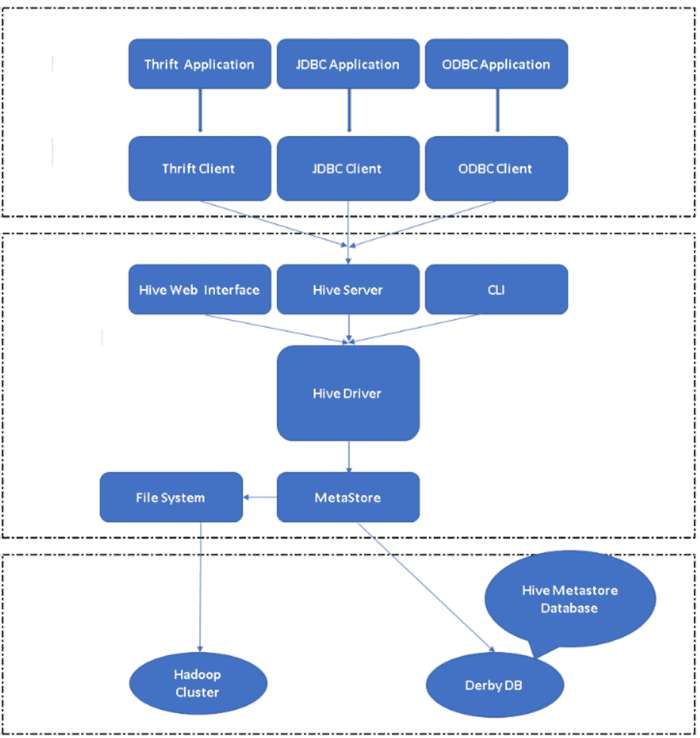
Hadoop vs Hive 8 Useful Differences Between Hadoop vs Hive
Complex. Data Type - Complex Data Type in Hive Complex Types can be built up from primitive types and other composite types using: Structs: the elements within the type can be accessed using the DOT (.) notation. For example, for a column c of type STRUCT {a INT; b INT}, the a field is accessed by the expression c.a.